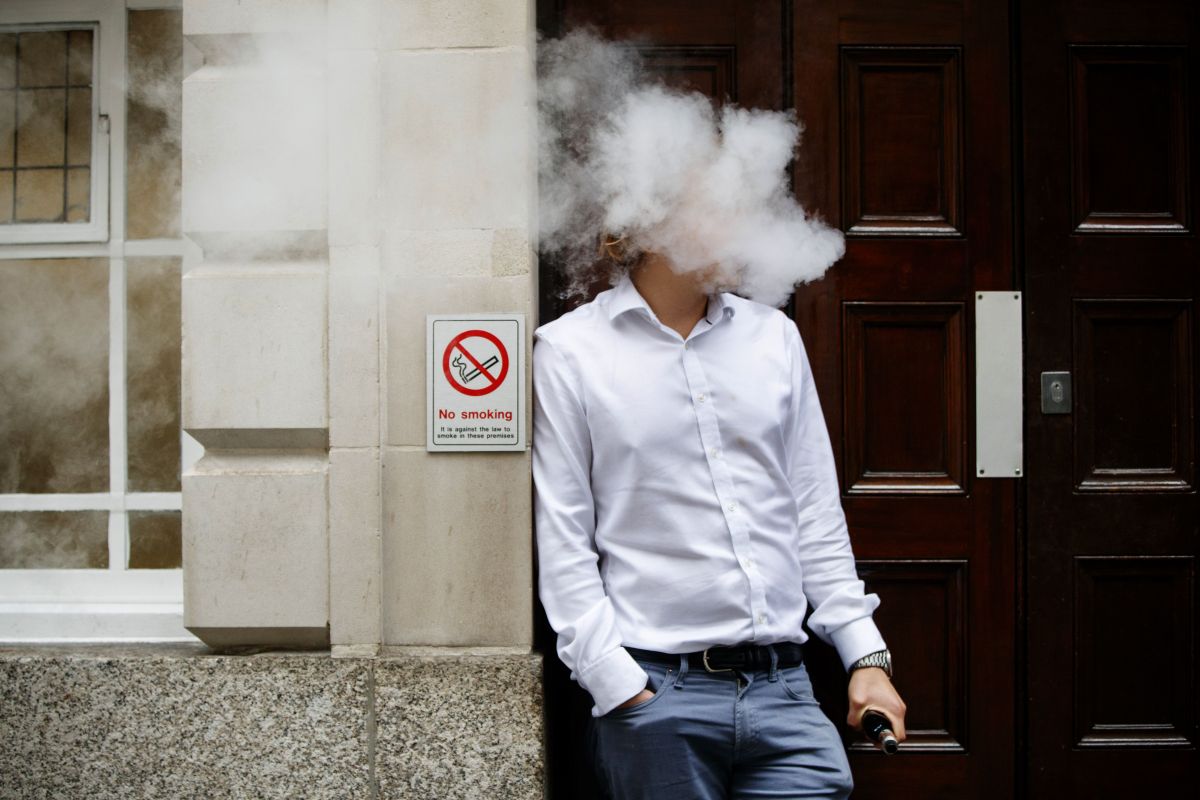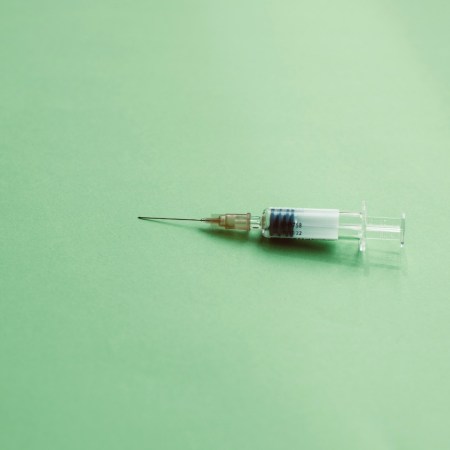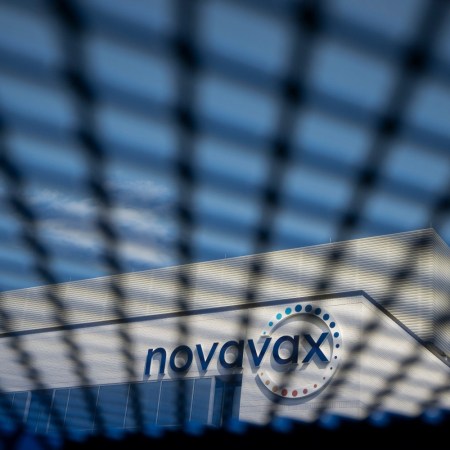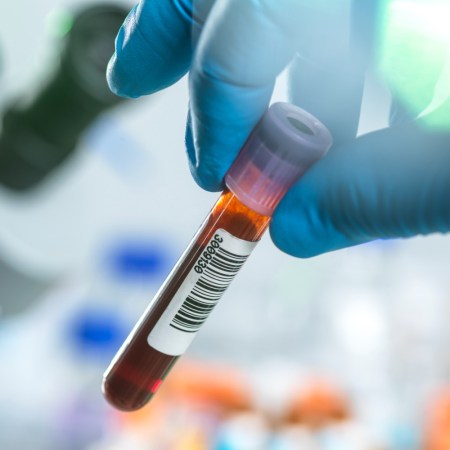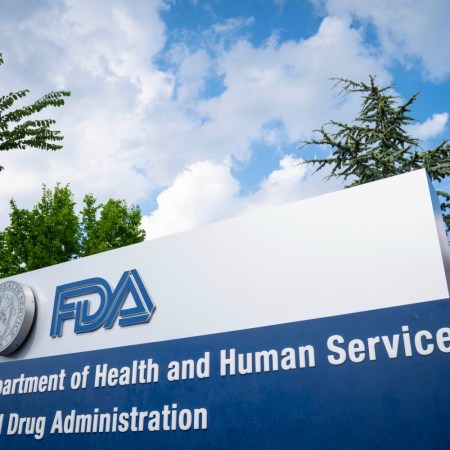In just two months, a mysterious, potentially deadly lung illness that hundreds of people nationwide have contracted as a result of vaping has become a full-blown public health crisis. But while the Food and Drug Administration (FDA) and the Centers for Disease Control and Prevention (CDC) are currently scrambling for answers, calls from health officials for more regulation and clinical studies of e-cigarettes date back over a decade.
With new cases being reported on a daily basis — “We believe that probably hundreds more have come in since the numbers we released last week,” CDC principal deputy director Dr. Anne Schuchat told Congress earlier this week — it can be difficult to keep up with the latest on the outbreak. We’ve put together a timeline of the disease doctors are now calling VAPI (vaping-associated pulmonary illness) to provide some context.
Sept. 19, 2008
The World Health Organization comes out against vaping, noting that it is not a legitimate therapy for cigarette smokers trying to quit, and calls on e-cigarette companies to conduct toxicity analyses and clinical studies.
July 22, 2009
The FDA issues a warning about the health risks posed by vaping and calls for clinical studies to determine whether e-cigarettes are safe, saying “at this time the agency has no way of knowing, except for the limited testing it has performed, the levels of nicotine or the amounts or kinds of other chemicals that the various brands of these products deliver to the user.”
Sept. 24, 2013
The National Association of Attorneys General calls for increased regulation, writing that “Through television advertising, consumers are led to believe that e-cigarettes are a safe alternative to cigarettes, despite the fact that they are addictive, and there is no regulatory oversight ensuring the safety of e-cigarette ingredients.”
July 7, 2016
The American Lung Association puts out a statement warning that diacetyl, a chemical which was responsible for hundreds of cases of an irreversible lung disease called bronchiolitis obliterans (also known as “popcorn lung”), has been found in many e-cigarette flavors. “So while diacetyl was swiftly removed from popcorn products since it could cause this devastating disease among factory workers, e-cigarette users are now directly inhaling this harmful chemical into their lungs,” the statement reads.
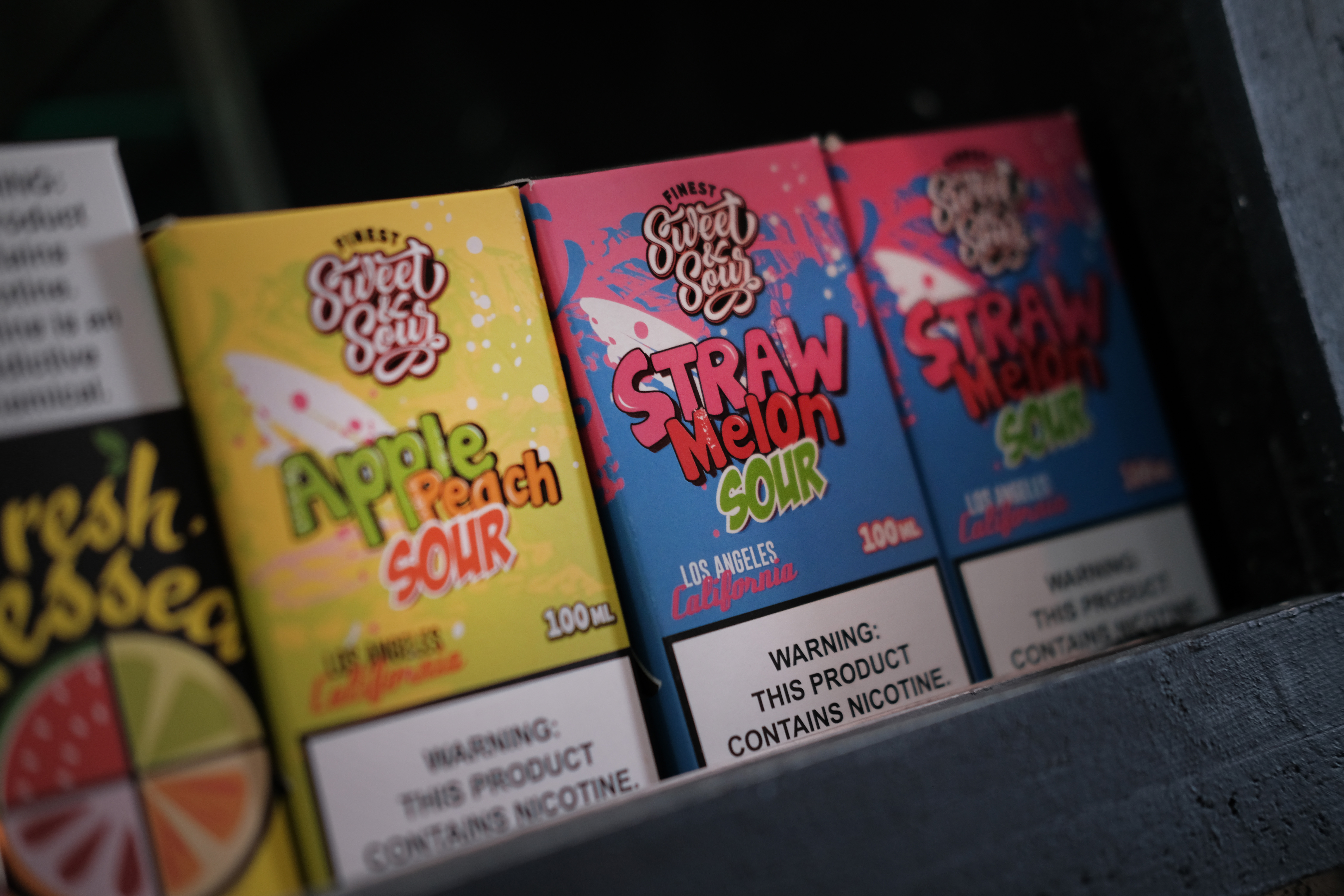
Sept. 11, 2018
Then-FDA commissioner Dr. Scott Gottlieb calls vaping an “epidemic,” telling ABC News, “We have access to data that tells us that the growth in youth use of the cigarettes has reached what I’m calling epidemic proportions, and we need to step in and take action to try to stem that use to try to bring the rates of use among young people down, particularly high school students.”
December 2018
Trump signs the $867 billion bipartisan farm bill, which allows growing and sales of marijuana-based hemp in many states and creates a mass market for cannabidiol (CBD).
March 2019
California’s Mendocino County Sheriff’s office seizes $5 million worth of contaminated counterfeit THC oil which contained 7,000 times the allowable level of a pesticide called myclobutanil that turns into poisonous cyanide when heated.
July 25, 2019
Wisconsin health authorities and Children’s Hospital authorities hold a seminal press conference warning the public about a mysterious vaping-associated lung illness, becoming the first public health officials to do so.
July 28, 2019
Grant Anderson and Adam Bushaw are arrested in Mendocino County for manufacturing and selling the contaminated substance (i.e., myclobutanil) under the brand CaliPiffs, which manufactures counterfeit THC oil. They tell the county’s major crimes task force that half of their product was sold on the black market while the other half went to “legitimate dispensaries.”
Aug. 1, 2019
Wisconsin and Illinois health departments launch a joint investigation into the rash of vaping-related illness and notify the CDC.
Aug. 9, 2019
The Utah Department of Health launches its own investigation.
Aug. 14, 2019
The Minnesota Department of Health calls for an investigation after a hospital received four cases of “severe lung injury” similar to the cases in Wisconsin and Illinois.
Aug. 17, 2019
The CDC announces it is actively investigating 94 cases of vaping-related illness in 14 states.
Aug. 23, 2019
The CDC confirms the first death related to vaping-associated lung illness.
Aug. 27, 2019
The CDC issues a warning that minors, pregnant women, young adults and people who don’t use tobacco that they should not vape and urges anyone planning on using an e-cigarette to not purchase them off the street or modify them.
Sept. 4, 2019
The Washington Post publishes an editorial by former FDA commissioner Dr. Scott Gottlieb in which Gottlieb urges federal officials to investigate vaping-related illness. “Bright lines must be drawn between less-harmful ingredients and those that cause undue risk,” he writes. “That would arm regulators with the information to crack down on illegal and dangerous vape juices. It’s also time to end the political ambivalence that allows THC and CBD to evade oversight.”
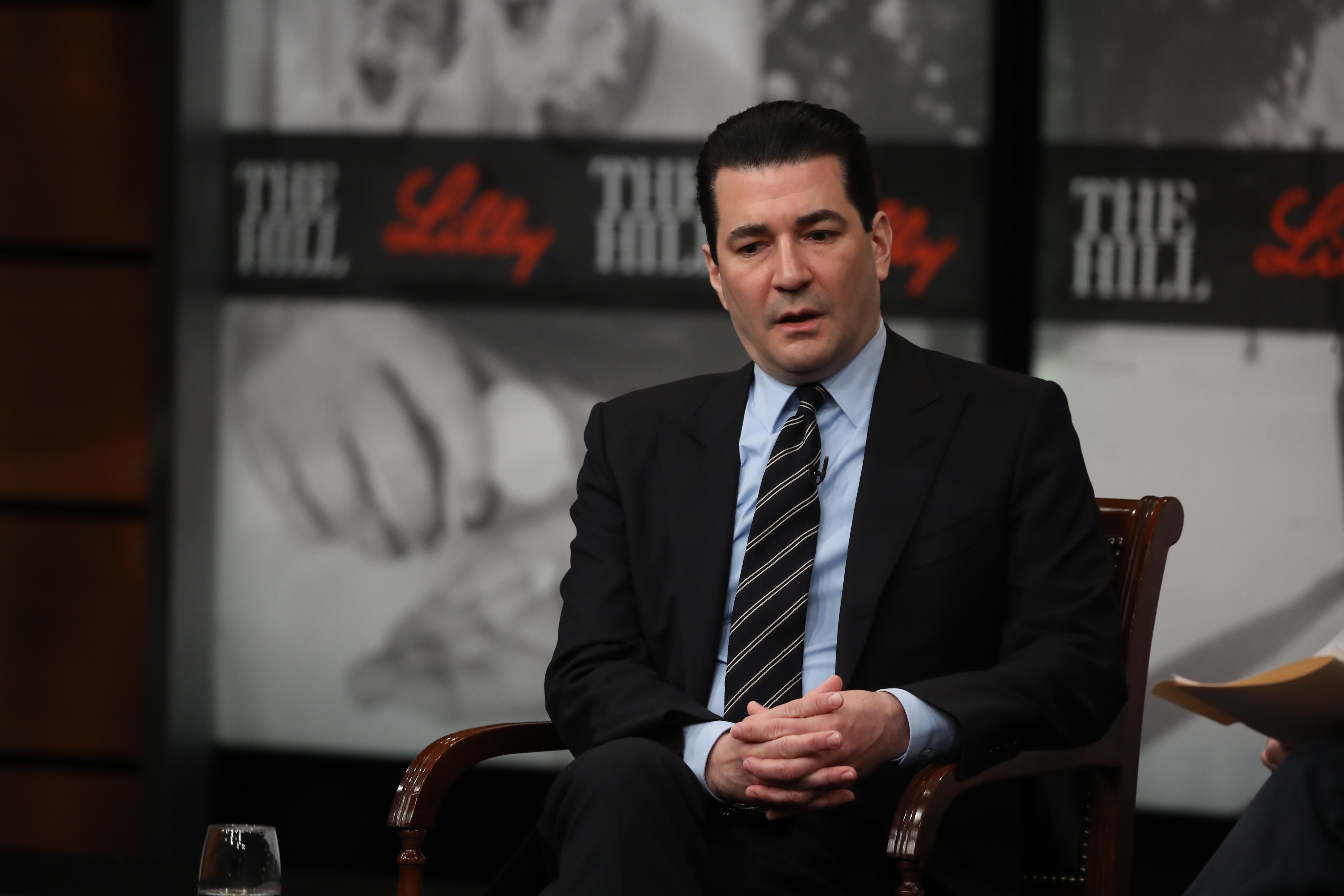
Sept. 6, 2019
The third vaping-related death is confirmed by Indiana health officials.
Sept. 9, 2019
The FDA puts out a statement claiming that popular e-cigarette brand Juul illegally marketed its product as being less harmful than cigarettes. “Regardless of where products like e-cigarettes fall on the continuum of tobacco product risk, the law is clear that, before marketing tobacco products for reduced risk, companies must demonstrate with scientific evidence that their specific product does in fact pose less risk or is less harmful,” acting FDA Commissioner Dr. Ned Sharpless says in the statement. “Juul has ignored the law, and very concerningly, has made some of these statements in school to our nation’s youth.”
Sept. 10, 2019
The Kansas Department of Health announces the sixth confirmed death. “If you or a loved one is vaping, please stop. The recent deaths across our country, combined with hundreds of reported lung injury cases continue to intensify,” Secretary for the Kansas Department of Health and Environment Dr. Lee Norman says in a statement.
Sept. 11, 2019
The Trump administration announces plans to ban most flavored e-cigarette products, including mint and menthol flavors.
Sept. 12, 2019
Arizona’s Maricopa County Sheriff’s office arrests two men and seizes more than $380,000 worth of illegal THC vape cartridges, including 1,100 of the “Dank” brand that has been linked to recent vaping-related illnesses and deaths in Wisconsin and Illinois.
Sept. 15, 2019
New York Gov. Andrew Cuomo announces an emergency executive action to ban the sale of flavored e-cigarettes in the state. “These are obviously targeted to young people and highly effective at targeting young people,” he says in a press conference.
Sept. 16, 2019
California Gov. Gavin Newsom says he would sign a bill banning the sale of flavored e-cigarettes and calls upon the state legislature to send such a bill to his desk.
Sept. 19, 2019
The FDA announces a criminal probe into the cause of vaping-associated lung illness and says it has collected 150 samples from several states to analyze and test for “chemicals, nicotine, THC, opioids, cutting agents, additives, poisons, toxins, pesticides.”
Sept. 20, 2019
Walmart announces it will stop selling all e-cigarettes in its stores. “Given the growing federal, state and local regulatory complexity and uncertainty regarding e-cigarettes, we plan to discontinue the sale of electronic nicotine delivery products at all Walmart and Sam’s Club US locations,” the company says in a statement. “We will complete our exit after selling through current inventory.” Many smart publications rightfully point out that Walmart has no plans to stop selling cigarettes.
Sept. 23, 2019
The Wall Street Journal, citing “people familiar with the matter,” reports that federal prosecutors in California are conducting a criminal probe into Juul. The U.S. Attorney’s Office of the Northern District of California says it “can neither confirm nor deny the existence” of the investigation.
Sept. 24, 2019
CDC principal deputy director Dr. Anne Schuchat testifies before Congress, confirming that the number of fatalities has risen to nine and there are currently 530 reported cases of the illness, with “more and more” being reported every day. She reiterates that the CDC has still not identified any specific product or compound that is directly linked to all the cases of the illness.
Sept. 25, 2019
Juul CEO Kevin Burns steps down. The company also announces it will end all advertising, including its controversial “Make the Switch” campaign, which has been criticized for implying that vaping is safer than smoking traditional cigarettes, and says it will not fight the Trump administration’s decision to ban flavored e-cigarettes.
Sept. 25, 2019
Massachusetts bans all vaping products for four months — regardless of whether they’re used for vaping nicotine or marijuana — in the most extensive ban so far. The ban will last through Jan. 25, 2020 and is intended to give health officials time to determine the cause of vaping-associated lung illness. “The use of e-cigarettes and marijuana vaping products is exploding and we are seeing reports of serious lung illnesses, particularly in our young people,” Governor Charlie Baker said in a press conference.
The Charge will help you move better, think clearer and stay in the game longer. Subscribe to our wellness newsletter today.
